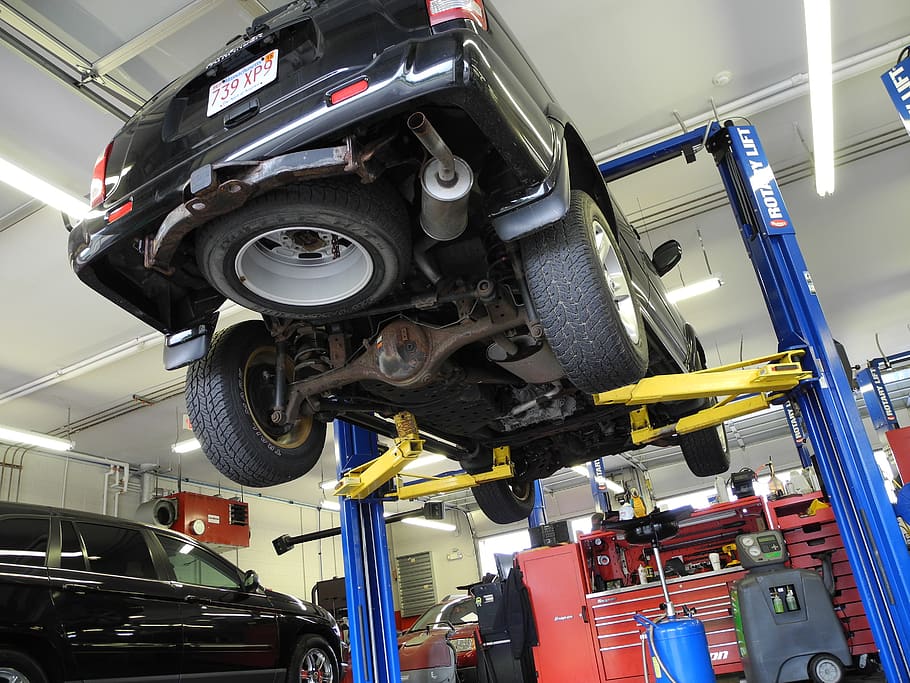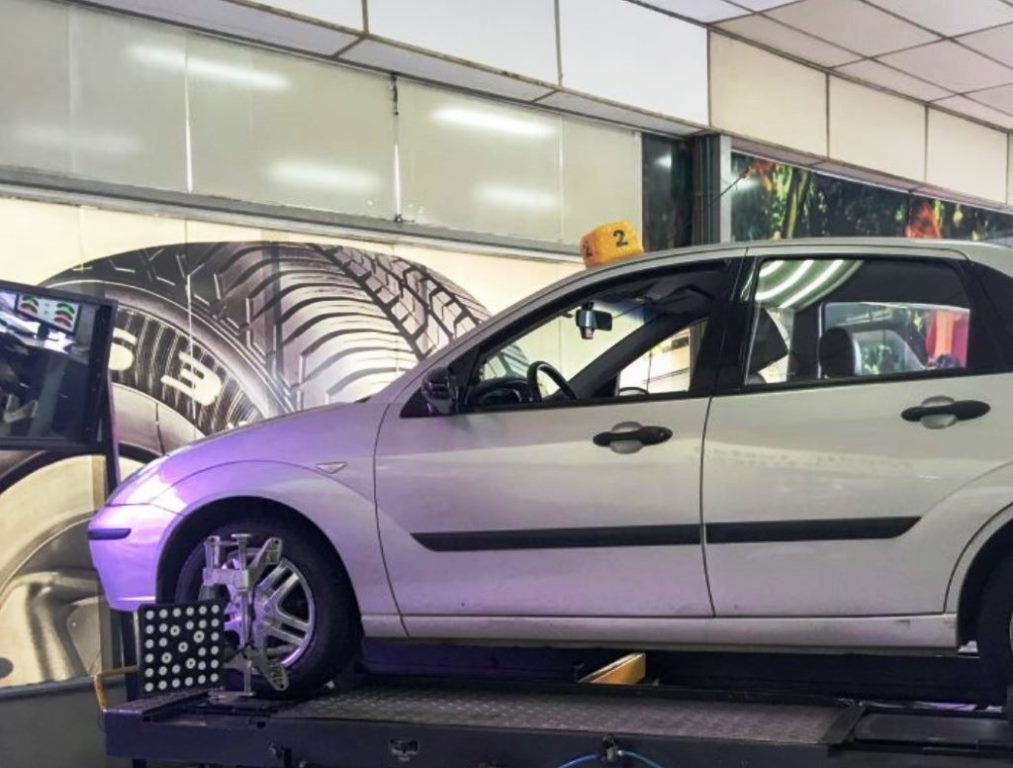
Auto care is essential for ensuring the longevity and performance of your vehicle. Regular maintenance not only keeps your car running efficiently but also helps you avoid costly repairs down the line. In this article, we’ll explore practical tips for car maintenance and emphasize the importance of professional help when needed.
Regular Maintenance: The Key to Longevity
Oil Changes
One of the most crucial aspects of car maintenance is regular oil changes. Engine oil lubricates moving parts, reduces friction, and helps keep the engine cool. Over time, oil breaks down and becomes less effective, potentially causing engine damage. Most manufacturers recommend changing the oil every 5,000 to 7,500 kilometres, but always check your owner’s manual for specific guidelines.
Tire Care
Proper tire maintenance ensures safety and improves fuel efficiency. Check tire pressure regularly, as underinflated tires can lead to poor handling and increased wear. Rotate your tires every 8,000 to 10,000 kilometres to promote even wear. Additionally, ensure that your tires are balanced and aligned correctly to prevent uneven wear and improve vehicle handling.
Brake Inspections
Your brakes are critical for safety. Regular brake inspections can prevent serious issues and ensure your car stops effectively. Listen for unusual noises, such as squealing or grinding, and pay attention to any changes in braking performance. If you notice any issues, have a professional mechanic inspect and service your brakes.
Seasonal Checks
Winter Preparation
Canadian winters can be harsh on vehicles. Prepare your car by switching to winter tires, which provide better traction on snow and ice. Check your battery, as cold weather can reduce its efficiency. Ensure your windshield wipers are in good condition, and top up your washer fluid with a winter formula to prevent freezing.
Summer Readiness
Summer brings different challenges. Check your air conditioning system to ensure it’s working efficiently. Inspect your coolant level and condition, as overheating can be a problem in hot weather. Regularly wash and wax your car to protect the paint from UV rays and road grime.
Professional Inspections

Regular Check-ups
While DIY maintenance is essential, professional inspections are equally important. A qualified mechanic can identify potential issues that you might miss. Schedule a comprehensive check-up at least once a year, or more frequently if you drive extensively. During these inspections, mechanics will check all major systems, including the engine, transmission, brakes, and suspension.
Diagnosing Problems
Modern cars are equipped with complex computer systems. When warning lights appear on your dashboard, it’s crucial to address them promptly. A professional mechanic has the tools and knowledge to diagnose and fix these issues accurately. Ignoring warning lights can lead to more severe and expensive problems.
DIY Maintenance Tips
Fluid Levels
Regularly check all fluid levels, including engine oil, coolant, brake fluid, transmission fluid, and power steering fluid. Keeping these fluids at the correct levels ensures your car operates smoothly and prevents damage.
Air Filter Replacement
A clean air filter improves engine performance and fuel efficiency. Inspect your air filter every six months and replace it if it’s dirty or clogged. This simple task can significantly impact your car’s performance.
Battery Care
Check your battery terminals for corrosion and clean them if necessary. Ensure the battery is securely mounted and that the connections are tight. If your battery is over three years old, have it tested by a professional to ensure it’s still in good condition.
The Importance of Professional Help
Expertise and Tools
Professional mechanics have the expertise and specialized tools to handle complex repairs. While DIY maintenance is valuable, some tasks require professional intervention. Trusting a skilled mechanic ensures that repairs are done correctly and safely.
Saving Time and Money
Attempting to fix significant issues without proper knowledge can lead to further damage and higher repair costs. Professional mechanics can quickly diagnose and fix problems, saving you time and money in the long run. They also have access to quality replacement parts, ensuring the longevity of repairs.
Peace of Mind
Knowing that your car is in the hands of a professional provides peace of mind. Regular maintenance and timely repairs reduce the risk of breakdowns and keep your car running smoothly. This reliability is especially important if you rely on your vehicle for daily commuting or long trips.
Keeping Your Car in Top Shape
Proper auto care is essential for maintaining your vehicle’s performance and longevity. Regular maintenance, seasonal checks, and professional inspections play a significant role in keeping your car running smoothly. By following these tips and seeking professional help when needed, you can enjoy a reliable and efficient vehicle for years to come. Taking these steps ensures that your car remains safe, efficient, and ready to tackle the road ahead.
